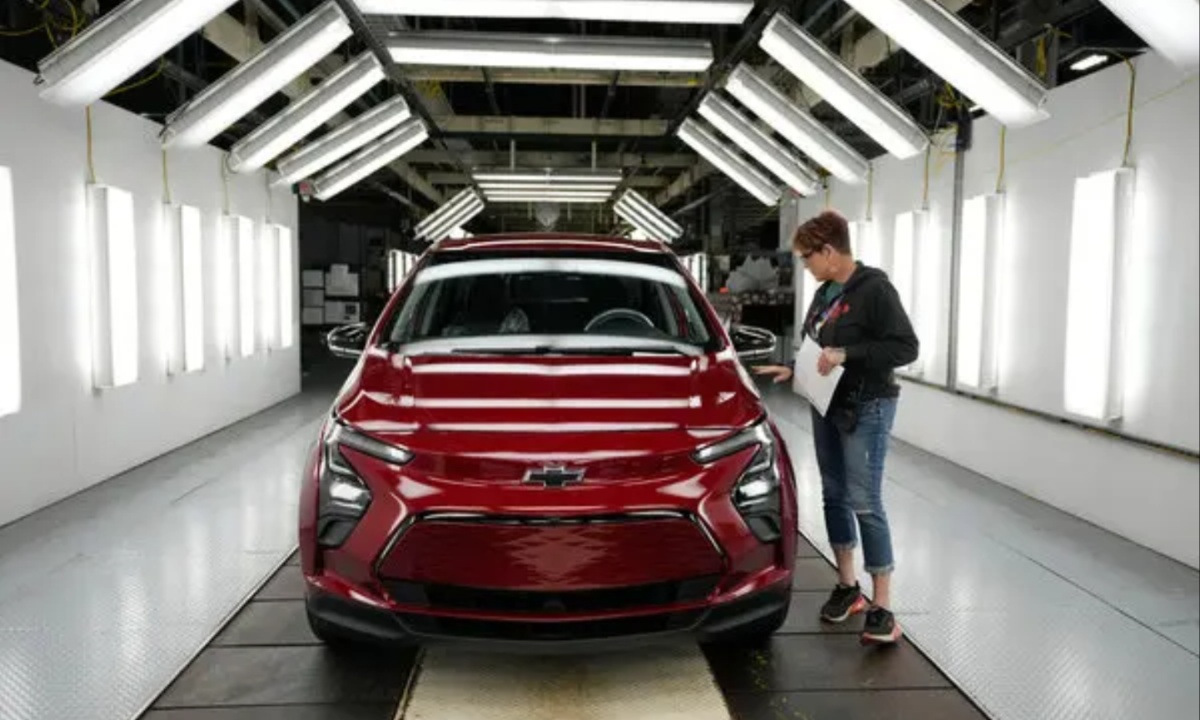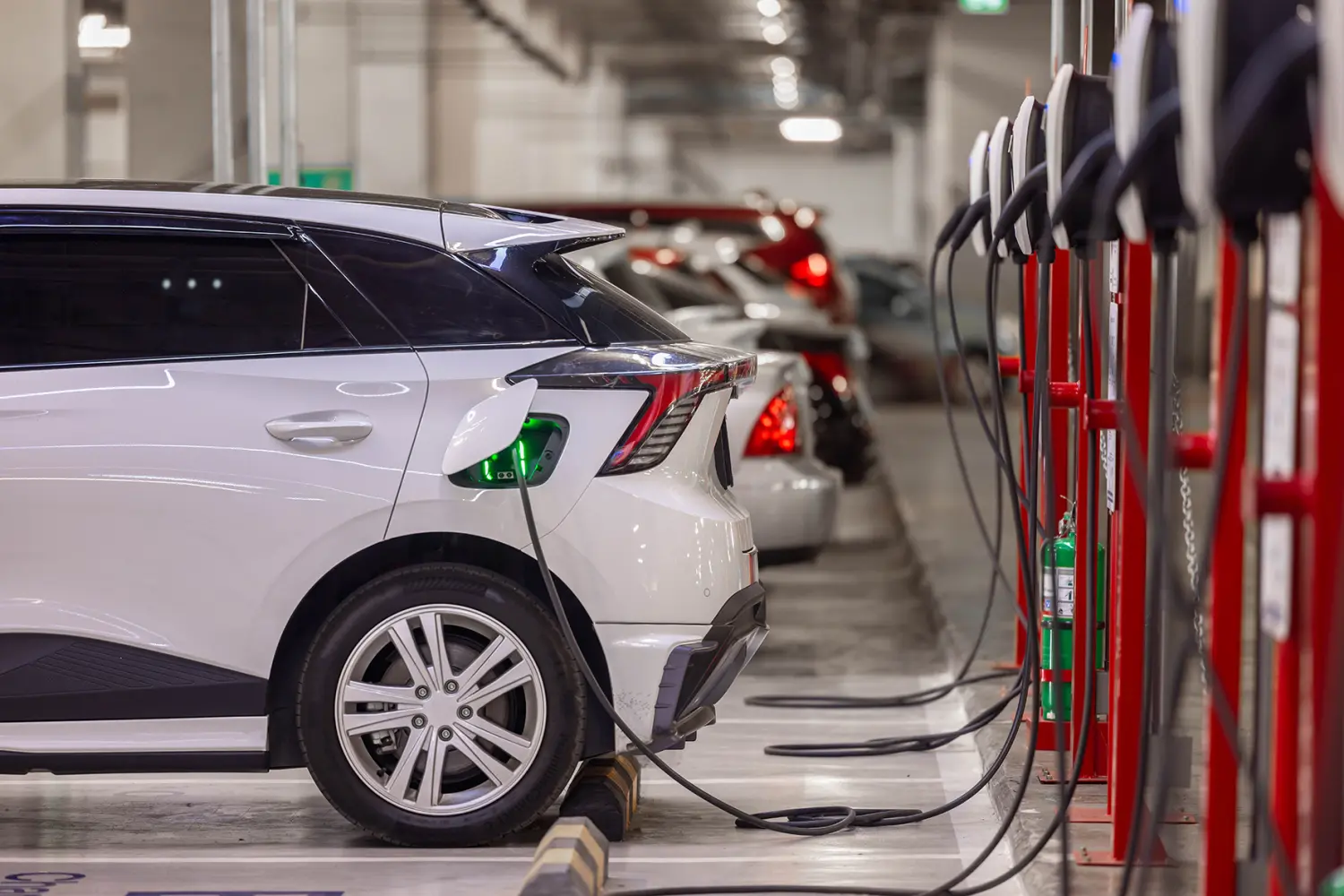A recent analysis by InfluenceMap highlights the lobbying efforts of major automakers and trade bodies against progressive policies aimed at reducing emissions from road transport. The report examines 15 key carmakers and eight trade groups, revealing that brands with the lowest production of electric vehicles (EVs) are most opposed to regulations targeting emissions reductions. The study suggests that these automakers, particularly Japanese brands like Suzuki, Honda, and Toyota, are actively working to block measures that would accelerate the transition to cleaner vehicles.
Japanese Automakers’ Opposition to EV Mandates
The analysis specifically points to Japanese car manufacturers, including Suzuki, Honda, and Toyota, which have shown strategic resistance to zero-emissions vehicle mandates. These mandates require automakers to increase the share of electric vehicles in their production over time. In 2023, these brands produced no more than 30% EVs. Their trade body, the Japan Automobile Manufacturers Association (JAMA), has lobbied against government policies that would enforce stricter emission standards, advocating for alternatives like hydrogen fuel cells and hybrid vehicles instead. The push for these less mature technologies contrasts with the growing market and technological advancements in electric vehicles.

The report also highlights the lobbying activities of these automakers against emissions standards in key markets like the US and Europe. InfluenceMap found that companies such as Mazda, Honda, and Toyota were actively opposing new emission standards for light-duty vehicles in the US. While Tesla was identified as supportive of the new standards, other large companies, including Volkswagen, Stellantis, General Motors, and Ford, were opposed. In Europe, the final vehicle emissions standards were altered to level the playing field for alternative fuels, while Australia’s vehicle efficiency standards were softened due to industry lobbying, reducing the targeted emissions reduction.
The Impact of Lobbying on Policy Delays and Adjustments
Lobbying by automakers has had tangible impacts on climate policies globally. In the UK, for instance, Prime Minister Rishi Sunak postponed the ban on new petrol and diesel car sales from 2030 to 2035. This change led to a revision of the zero-emissions vehicle (ZEV) mandate targets. The Society of Motor Manufacturers and Traders (SMMT) also pushed for a delay in penalties under the mandate, though this request was ultimately rejected by the government. According to Ben Youriev, director of InfluenceMap, these lobbying efforts undermine global climate policies and delay essential action on emissions reductions.
The transition to electric vehicles faces significant hurdles, as identified in the report. The transportation sector remains the third-largest source of global emissions, with car manufacturers struggling to meet ambitious targets for EV adoption. The International Energy Agency’s (IEA) net-zero by 2050 scenario calls for a ban on new petrol and diesel car sales by 2035 and expects EVs and hybrids to account for two-thirds of global light-duty vehicle sales by 2030. However, only one in five automakers plans to meet these targets, with companies like Tesla, Mercedes, and BMW leading the way, while others, such as Suzuki, have a much smaller commitment to EVs. Additionally, the push for larger, less fuel-efficient vehicles like SUVs presents a further obstacle to emission reduction efforts.

